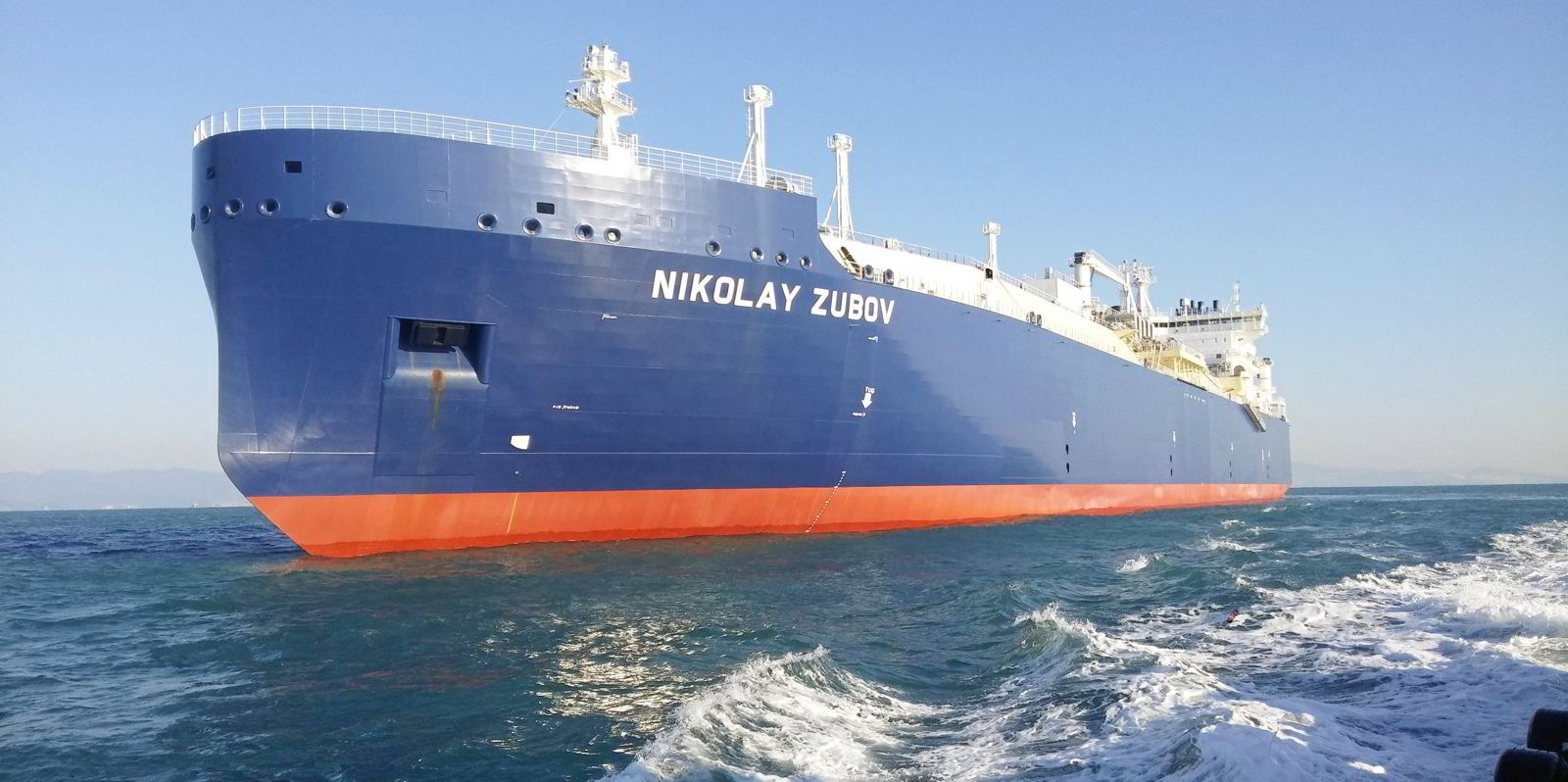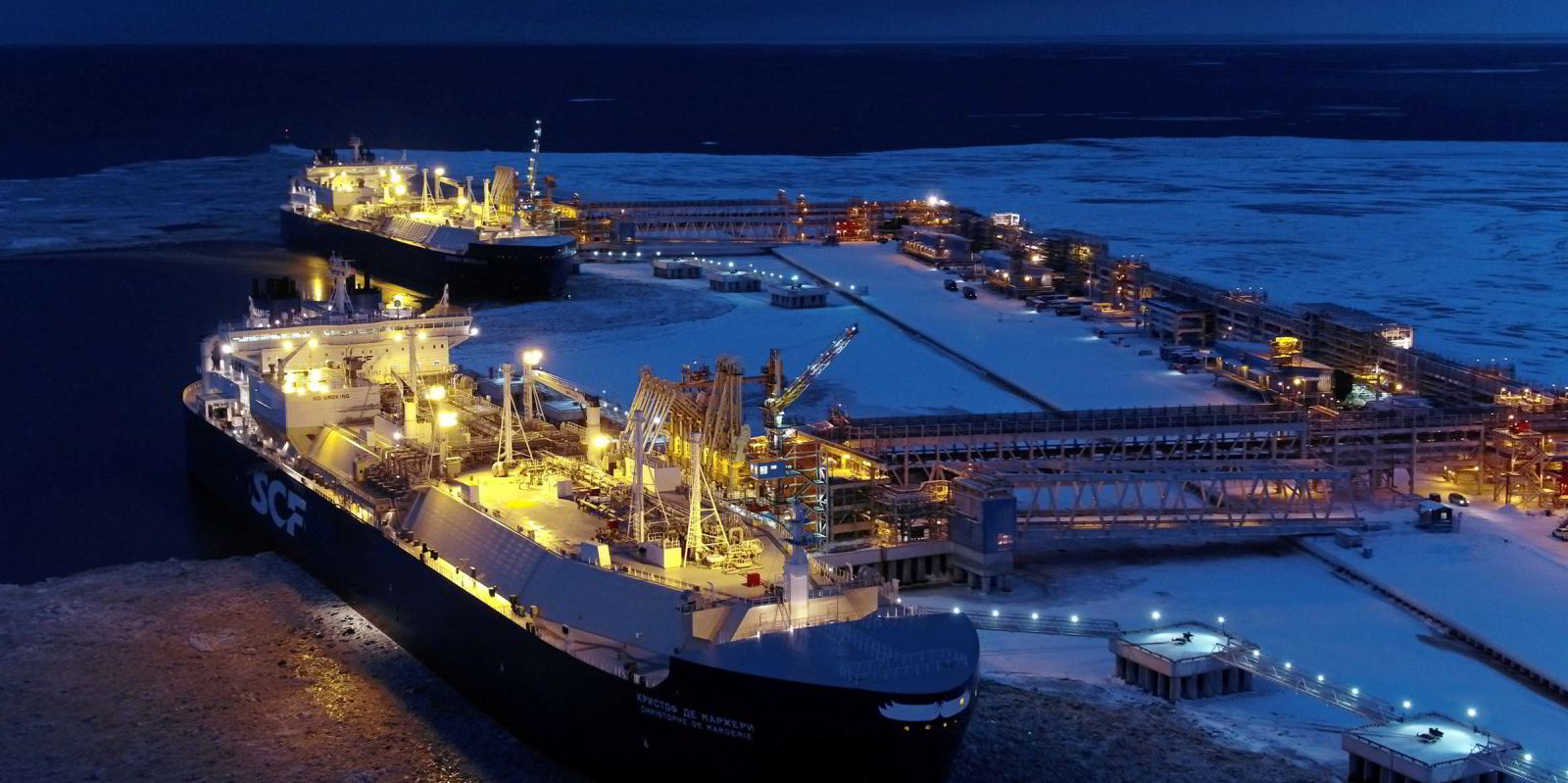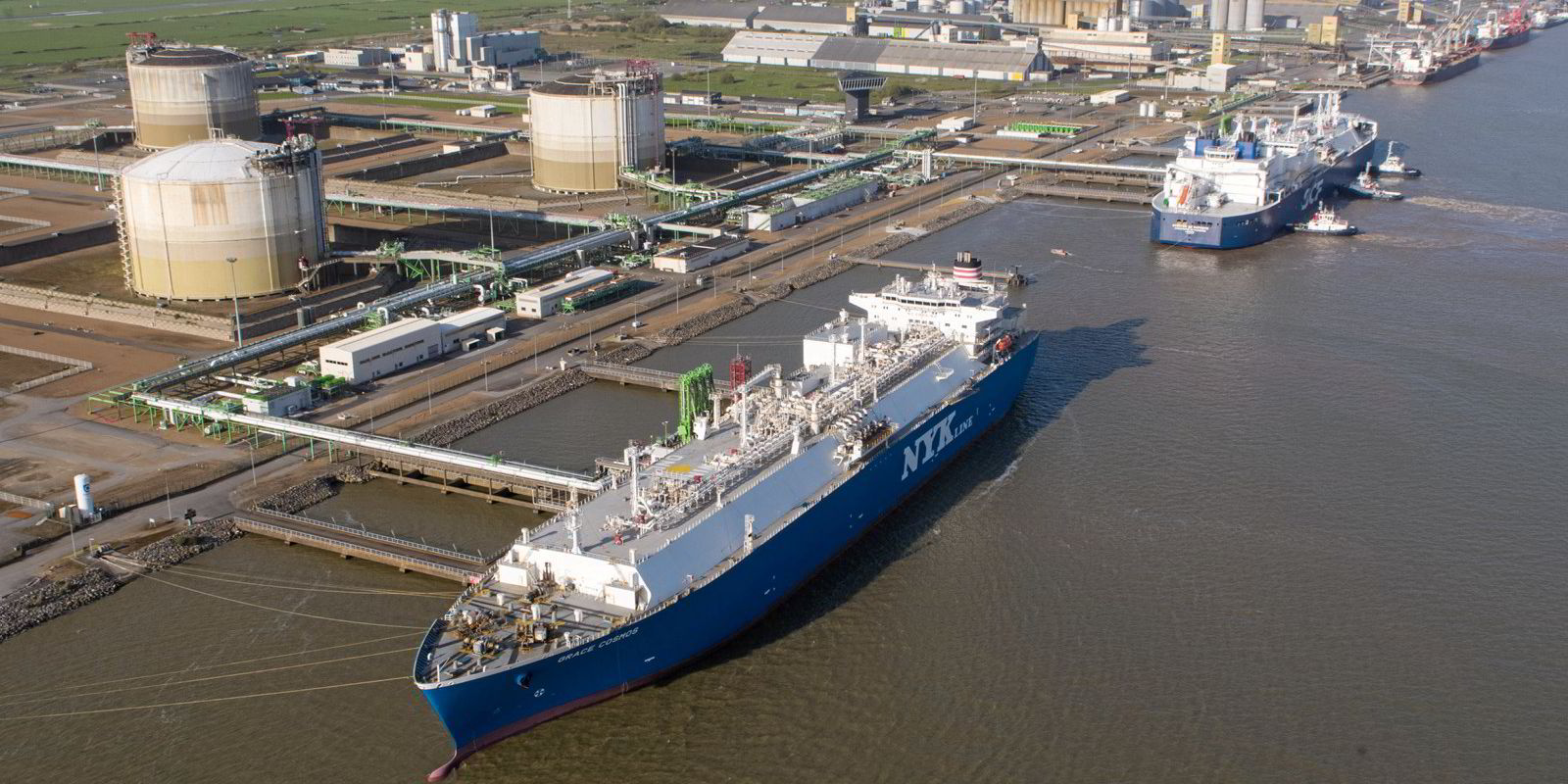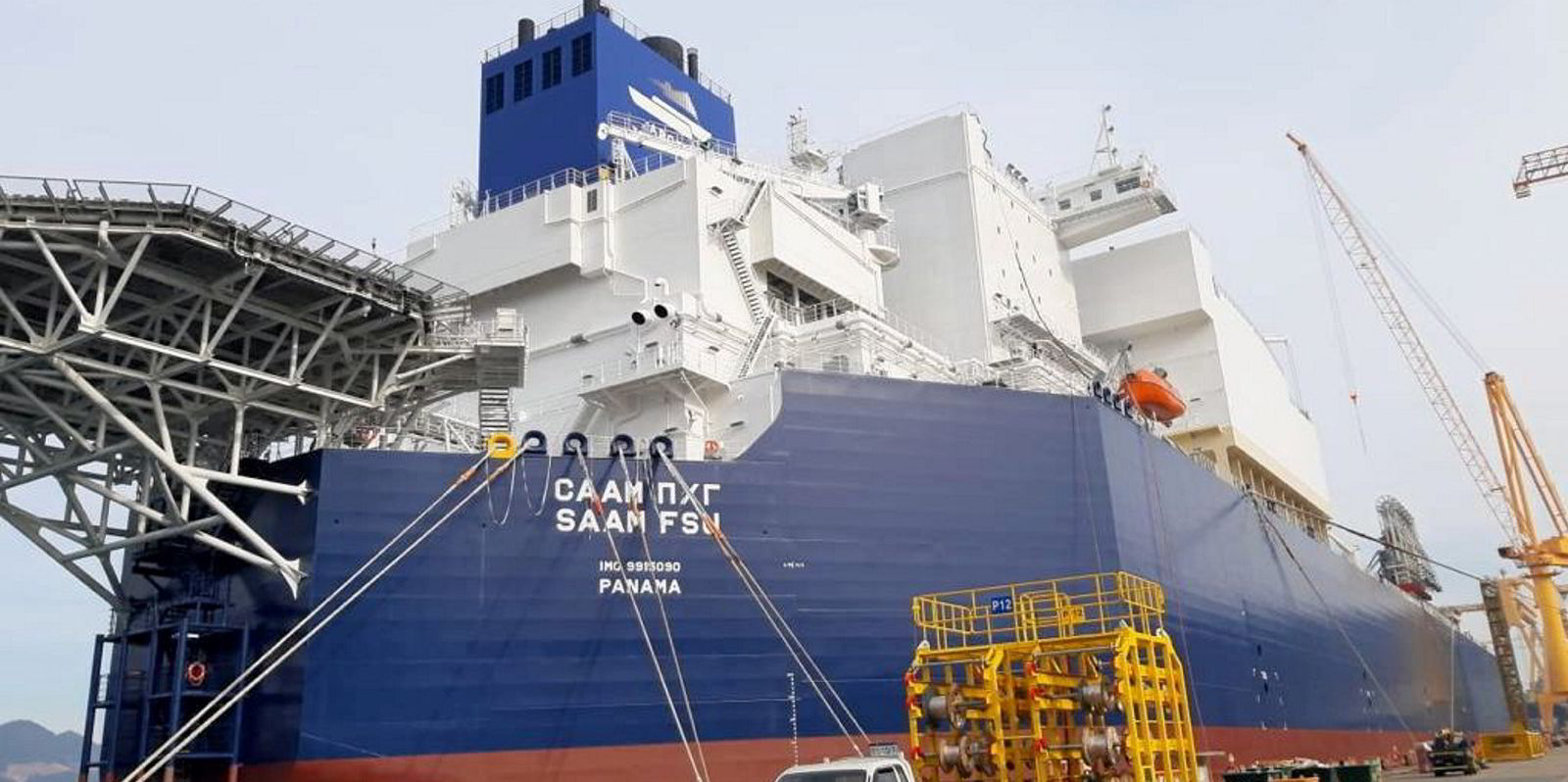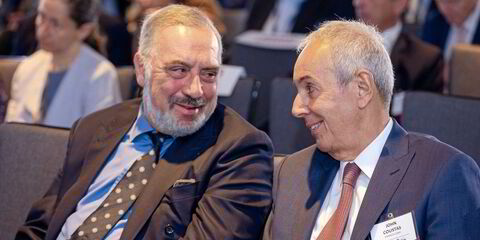European Union countries can manage without Russian LNG imports and need to put forward a coherent strategy for dealing with them and transshipments in EU ports.
In a new policy brief Brussels policy think tank Bruegel said that while “swift progress” has been taken to cut other Russian fossil fuel imports in line with the EU’s target of eliminating them by 2027, those for LNG have increased since Russia invaded Ukraine on 24 February 2022.
“Our analysis has shown that the EU would manage without Russian LNG.”
Bruegel said impacts of a ban over the summer months would be “very limited” while the winter may see “marginal price increases”.
“Given that the EU will be able to manage the shock, and that a scenario of inaction or limited sanctions implies that EU consumers will continue to fund the Russian state, and by extension the Russian war effort, we argue that the EU should bring forward a full embargo on Russian LNG.
“An embargo would also reduce exposure to an unreliable and adversarial entity.”
The think tank said Russian pipeline gas made up about 40% of the EU’s gas supply before the invasion but today accounts for less than 10%.
In 2022 the EU boosted its LNG imports by 66%, largely by volumes from the US but with Russia as the second largest supply.
In the first quarter of 2023, Russian LNG imports to the EU accounted for 16% of all LNG shipped into the block and 7% of total natural gas imports.
The bulk was imported through Spanish terminals followed by those in Belgium, the Netherlands and France.
Breugal outlines four options for the EU.
A first it was described as a “wait-and-see” option where the EU would continue to import Russian LNG and introduce sanctions in the second half of this decade when LNG markets are less tight.
In a second it suggests the EU introduce “soft sanctions” in a partial effort to cut flows without “dramatically impacting” long-term contracts.
A third would involve a full embargo under which companies would be forced to declare force majeure on their long-term contracts blocking all Russian LNG from entering the EU.
In its option four, the embargo would be combined with the EU Energy Platform that was set up in April 2022 offer where the trade block negotiated LNG supply as one entity to jointly purchase its gas.
Breugal said that under this last option, the Platform could make limited offers to buy Russian LNG which would be phased out over time, depending on the situation in Ukraine. It would also provide a mechanism to phase out long-term LNG contracts with Russia.
“This approach could be complemented by the introduction of a price cap on Russian LNG imports that rely on EU or G7 services, including trans-shipments, vessels and shipping insurance,” it added.
Bruegel said the EU also faces a decision on the future of Russian LNG transshipments in its ports from Yamal LNG exports.
It said limiting these would be “an even more aggressive step” which would “likely exacerbate global LNG tensions”.
“The EU might consider a temporary tax or price limit on cargoes using such trans-shipment facilities,” Bruegel said.
“Such a strategy could be expanded into a full price cap on Russian LNG traded with third countries.”
The analysts acknowledge that LNG trade is typically governed by long-term contracts and that a price cap mechanism may not be appropriate here, although this could be applied to spot shipments.
